Shareholder Principles
The relationship between management and shareholders should be a simple one. The objective of management is to maximise intrinsic value per share for shareholders and they are paid to do exactly that. Based on shareholders' own financial decisions, shareholders of businesses provide the capital that allows management to do its job. With these principles firmly in mind, the list below describes the relationship we wish to maintain between the Management of Bethunes and the owners of the business - its shareholders.
1. Corporate in form Partnership in attitude
Although we are an NZX listed company, we will act like a partnership. The benefits of our corporate form should not be underestimated, as it provides the permanence of our capital structure that gives Management a real advantage to make both strategic and long-term investments.
2. Investment Objective
The Company’s investment objective is to preserve capital and seek maximum, long-term capital growth commensurate with reasonable risk. Management defines risk as the probability of a permanent loss of capital, rather than price volatility.
In its value approach to investing, the Company will seek to identify and invest in opportunities that we believe exhibit significant valuation discrepancies between current trading prices and intrinsic business value (or net assets value).
Management's focus on undervalued securities/assets is due to our belief that a well-priced purchase is often the most important determinant of the success of an investment. We believe that the acquisition of a portfolio of investments, acquired at a discount to intrinsic value, provides a margin of safety that can mitigate the likelihood of an overall loss of the Company’s capital.
While Management is comfortable making investments in a wide range of industries and asset classes, they prefer investment in simple businesses and assets that generate cash flow over the long term.
Management will seek to make investments in three broad categories of opportunities:
(1) great businesses at fair prices, well understood by Management and ones that generate relatively predictable, growing, free cash flows;
(2) good businesses or assets at significantly low prices, often with a catalyst to realise value; and/or
(3) mispriced probabilistic investments/assets where management believes that the market price of a security or other investment/asset under-estimates the probability of a favorable event that is expected to lead to a significant change in the valuation of such security or investment/asset.
In certain situations, if we believe the commitment of time and capital is justified we may seek to be a catalyst to realise value from an investment by taking an active role to effect corporate change, this could be working alone or in conjunction with other investors. Such activist techniques could involve working with existing management or other more aggressive steps such as acquiring substantial stakes in companies, proposing restructuring, recapitalisation, sale, changes in strategic direction, seeking potential acquirers, and other related activities. Management believe that on occasion these activist techniques can both accelerate and maximise the realisation of value from an investment.
3. Use of Leverage
Debt should be used sparingly and with an appreciation for the increased risks inherent in increased leverage. Investment opportunities which require excessive debt to finance will be rejected rather than over burdening our balance sheet. This conservative approach to issuing debt reflects a focus on capital preservation (as well as capital growth) and our acknowledgment of the fiduciary obligation we hold towards shareholders as stewards of their capital.
4. Alignment of Interests
The long-term goal of Management is to maximise the average annual growth rate of the intrinsic value per share. Our focus is on intrinsic value per share as it reflects an obligation to add value for shareholders. Likewise, our orientation will be guided by having a shareholding in the business. This will ensure both management and investors have a stake in the long-term performance of the business and that we will “eat our own cooking”.
5. Transparent and Candid Reporting
Management are also Shareholders and we will always treat shareholders in the manner we would want to be treated if our roles were reversed. However, we do not propose to issue earnings guidance or report on a quarterly basis.
